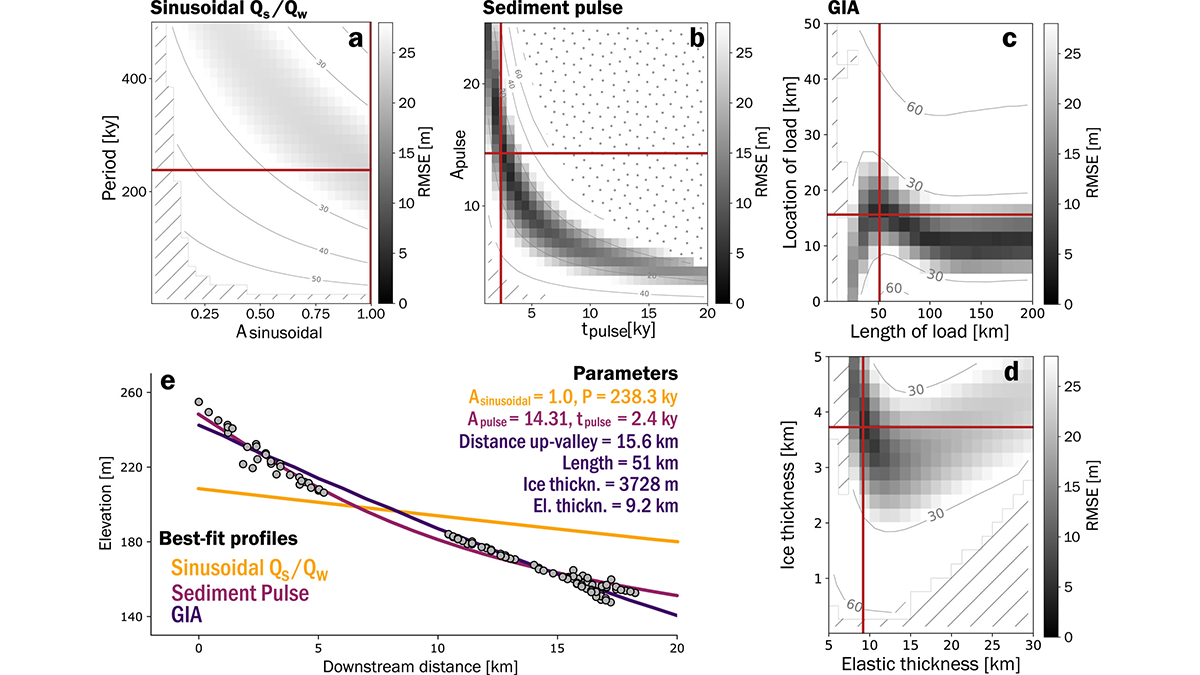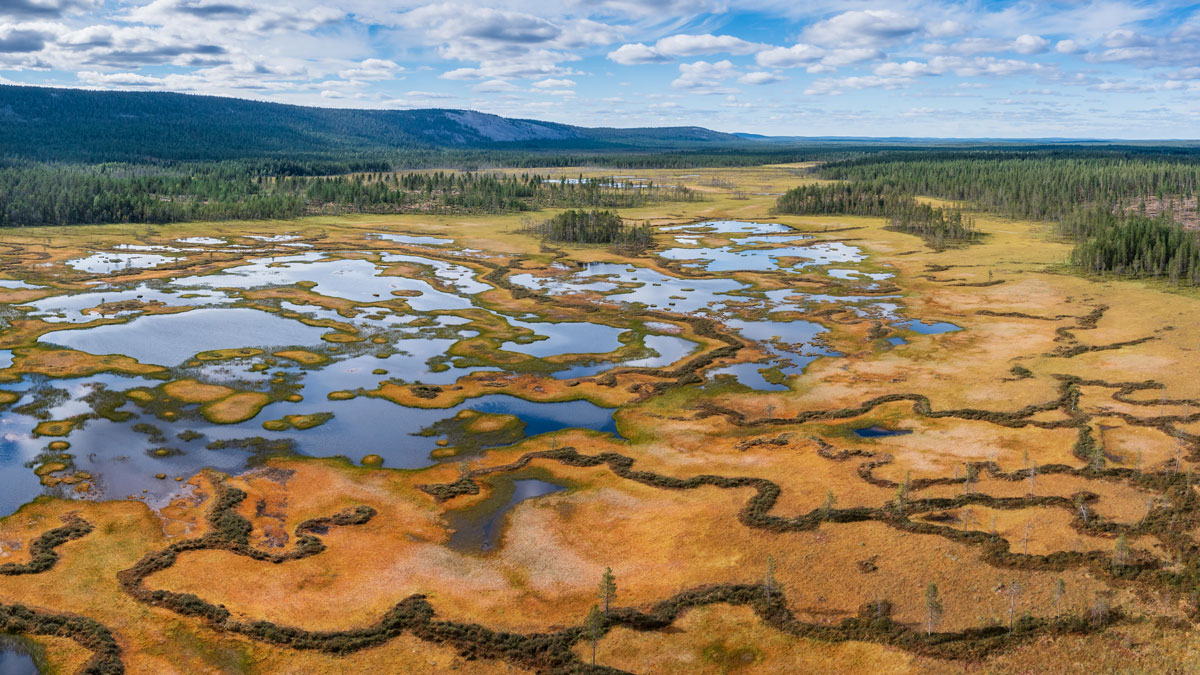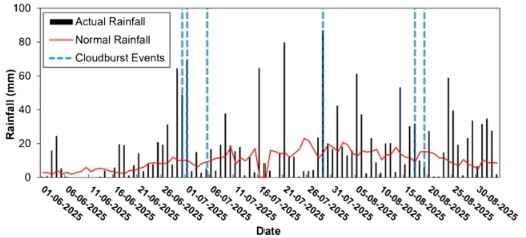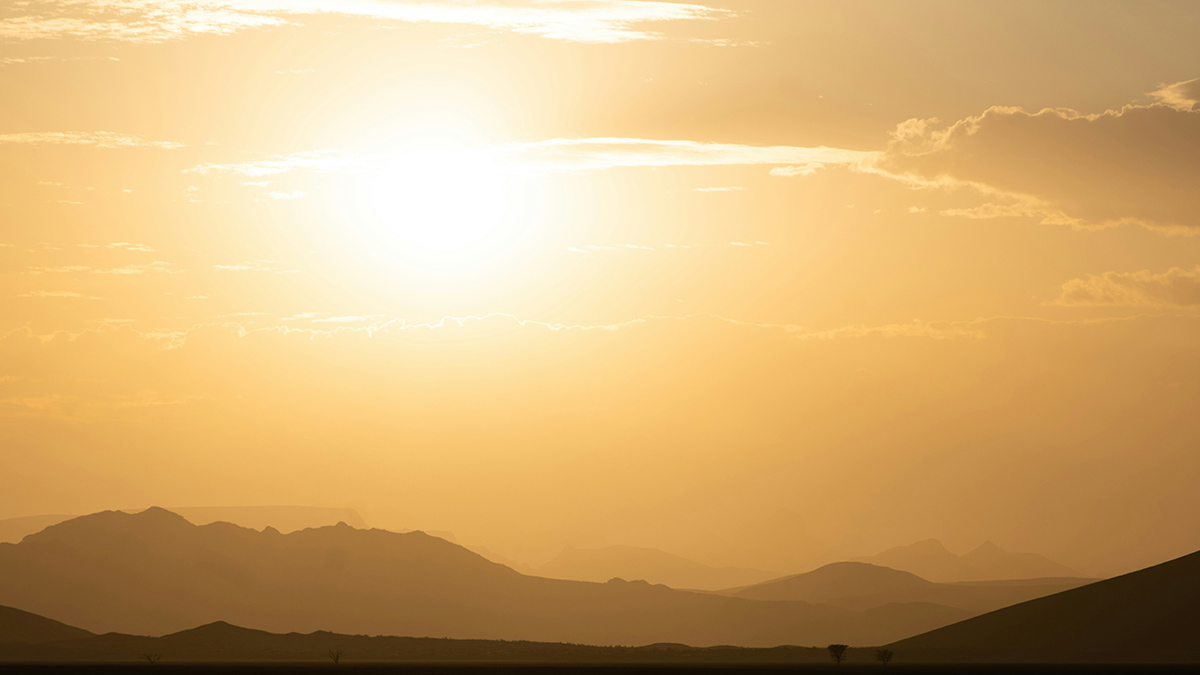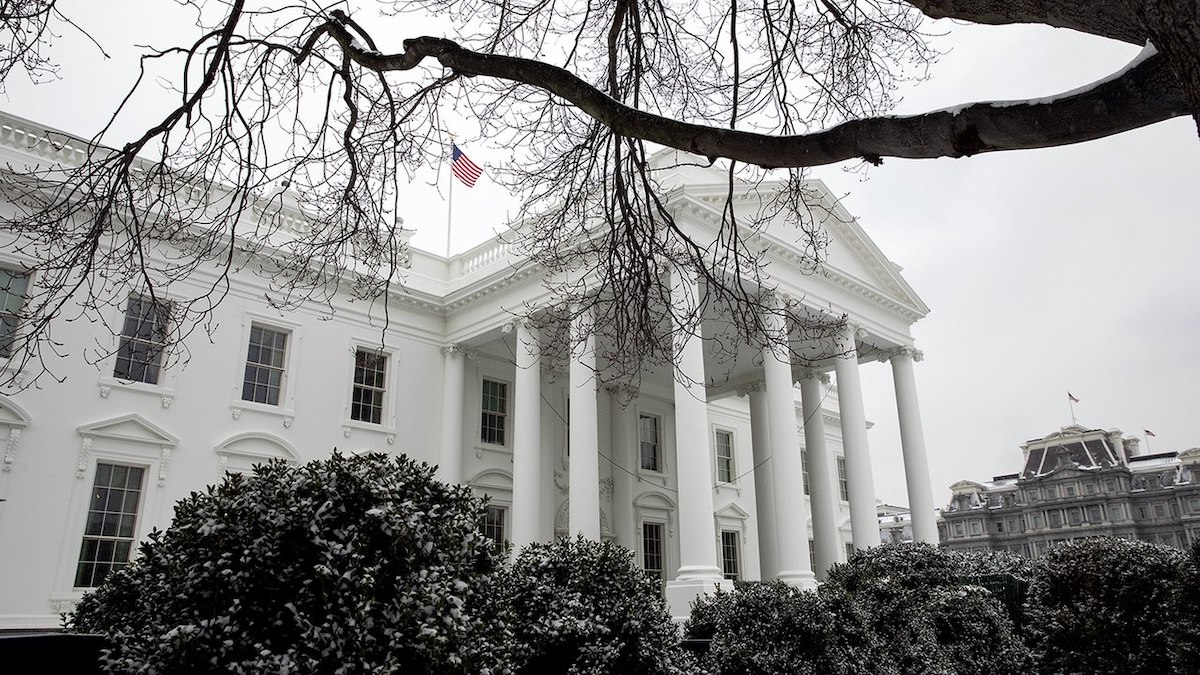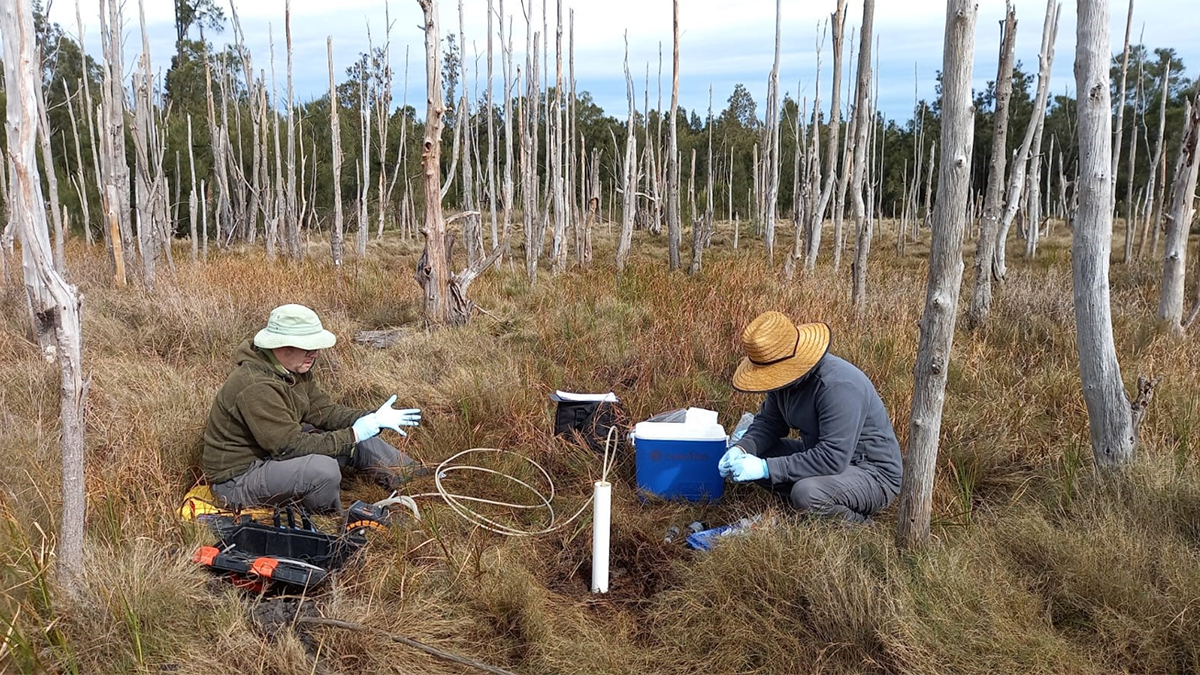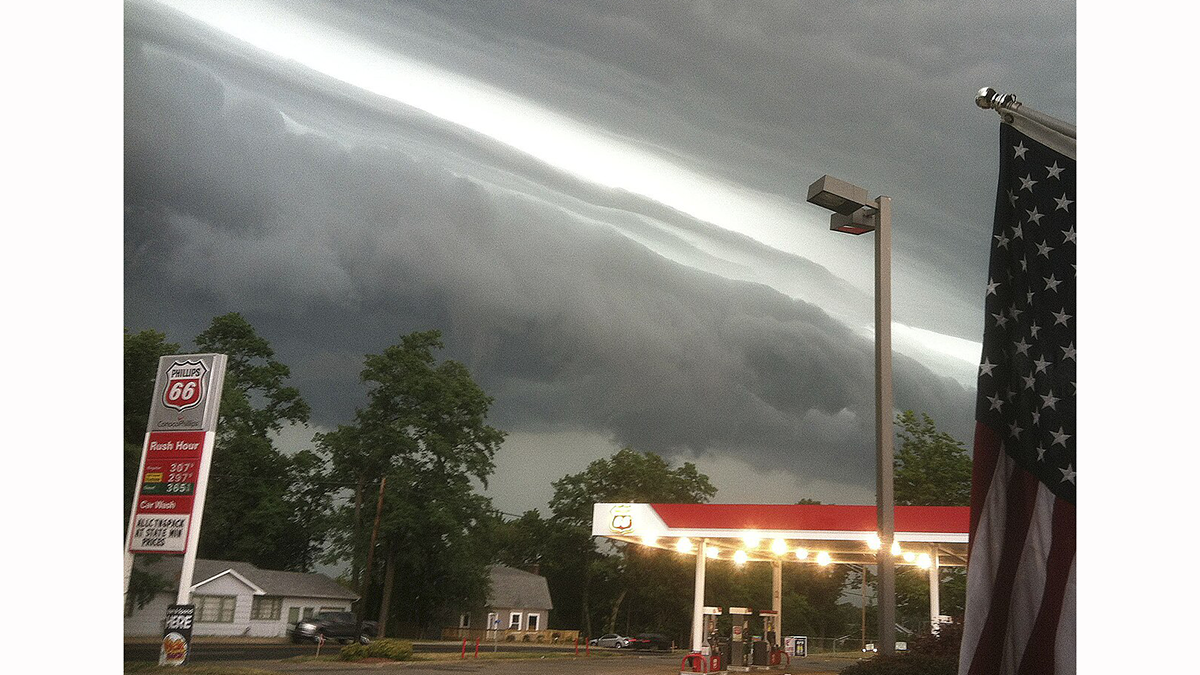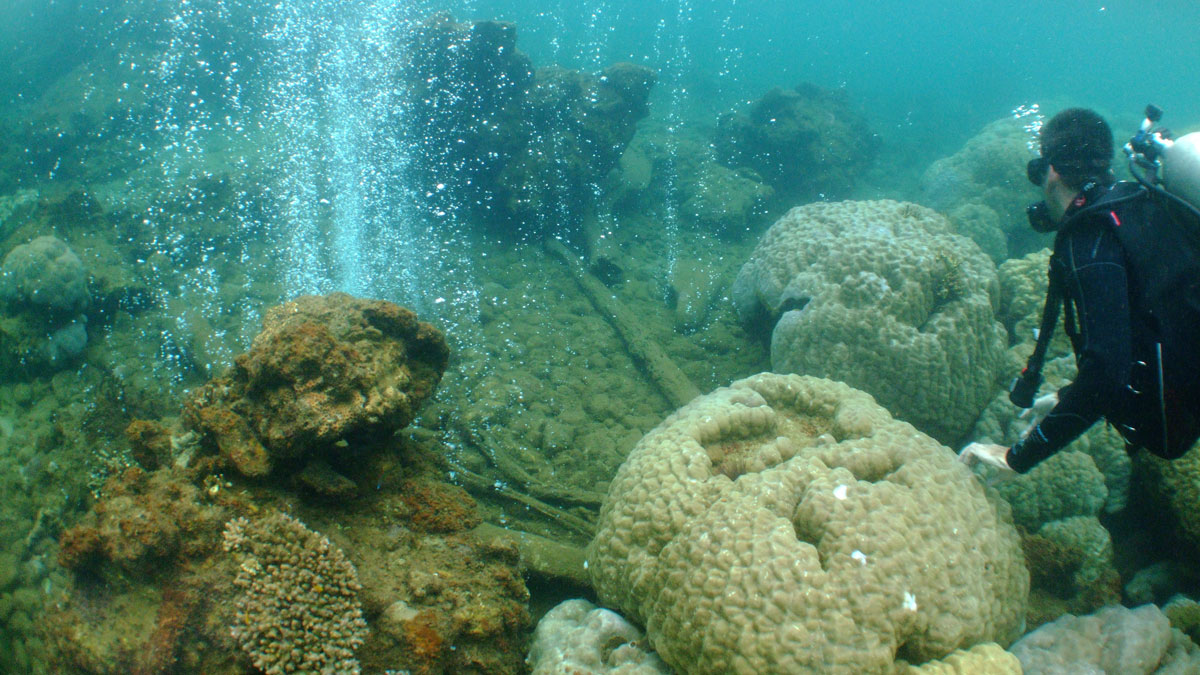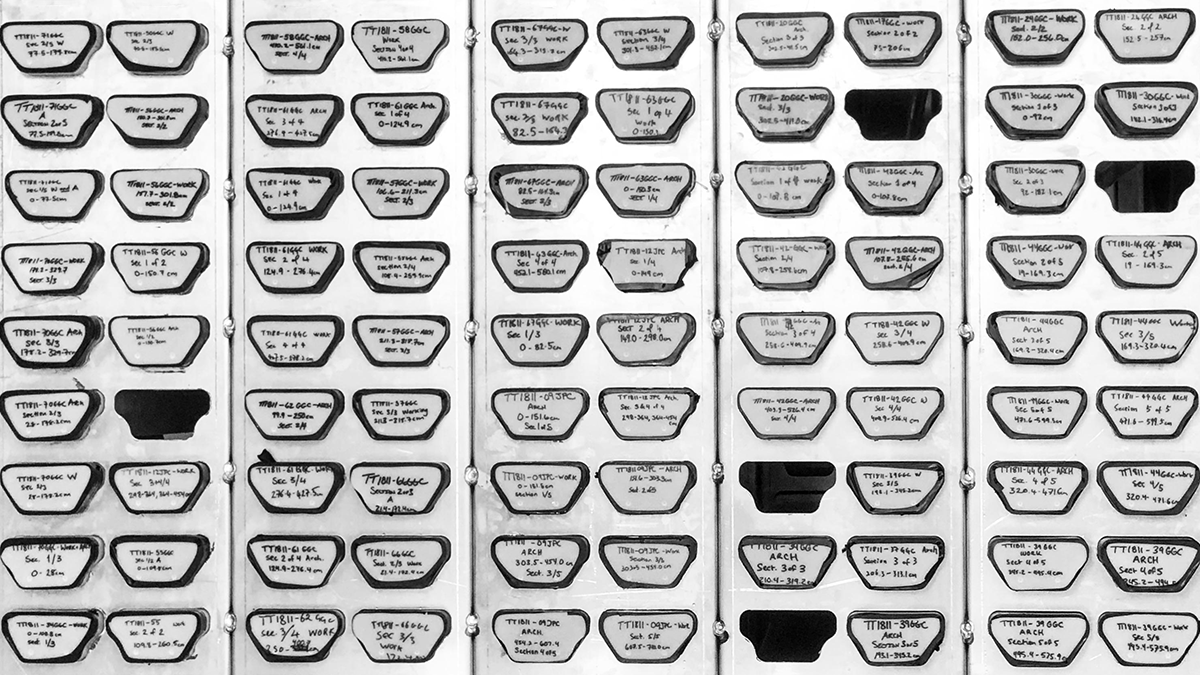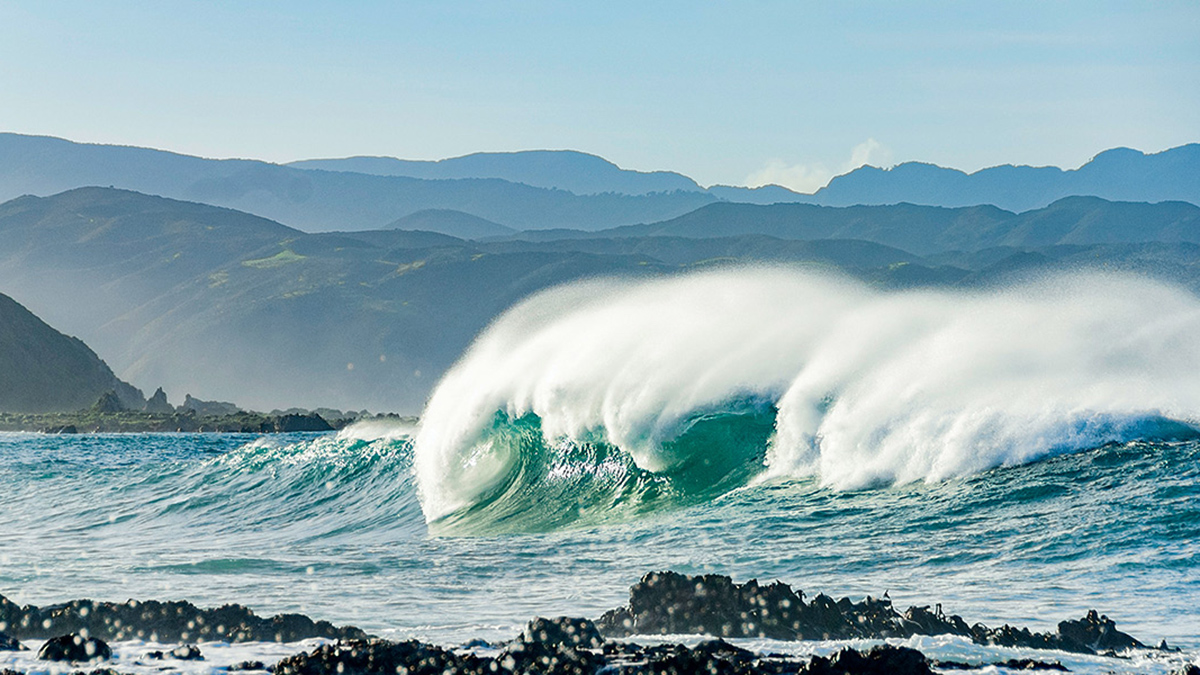Mechanistic models are used to show how different drivers, including sediment and water supply, uplift and subsidence, and sea-level variations, affect the shapes and formation of extensive terraces.
Climate Change
Restored Peatlands Could Become Carbon Sinks Within Decades
That’s much faster than what most scientists thought.
The exceptional occurrence of landslides in the 2025 South Asia summer monsoon
In NW India, rainfall in the 2025 monsoon was 27% above the long term average. Over 2,500 people were killed in India and Pakistan by landslides and floods as a result. In India and Pakistan, the 2025 summer monsoon generated unusual amount of landslide activity. I described some of these events along the way, most […]
Earth’s Climate May Go from Greenhouse to Hothouse
Uncertainty in climate models could mean Earth systems are perilously close to their tipping points, scientists warn.
The Endangerment Finding Is Lost
Tomorrow, the EPA will revoke the 2009 Endangerment Finding, finalizing a July proposal to do so, Press Secretary Karoline Leavitt said in a 10 February announcement.
Coastal Wetlands Restoration, Carbon, and the Hidden Role of Groundwater
Coastal wetland restoration offers major carbon benefits, and understanding groundwater processes helps explain how these ecosystems store carbon over the long term.
Tsunamis from the Sky
Not all tsunamis come from the seafloor, some are triggered by the atmosphere, driven by fast-moving storms and pressure waves, and can strike coasts with little warning.
Coral Diversity Drops as Ocean Acidifies
As seawater becomes steadily more acidic, complex branching corals die off and are replaced with hard boulder corals and algae.
How the Rise of a Salty Blob Led to the Fall of the Last Ice Age
Scientists have long suspected that high salinity levels in the deep ocean were responsible for keeping carbon dioxide locked away during the last ice age. New research finds the strongest evidence yet.
Our Ocean’s “Natural Antacids” Act Faster Than We Thought
New evidence from New Zealand suggests that calcium carbonate dissolution occurs not just over millennial timescales, but over annual and decadal ones too.

